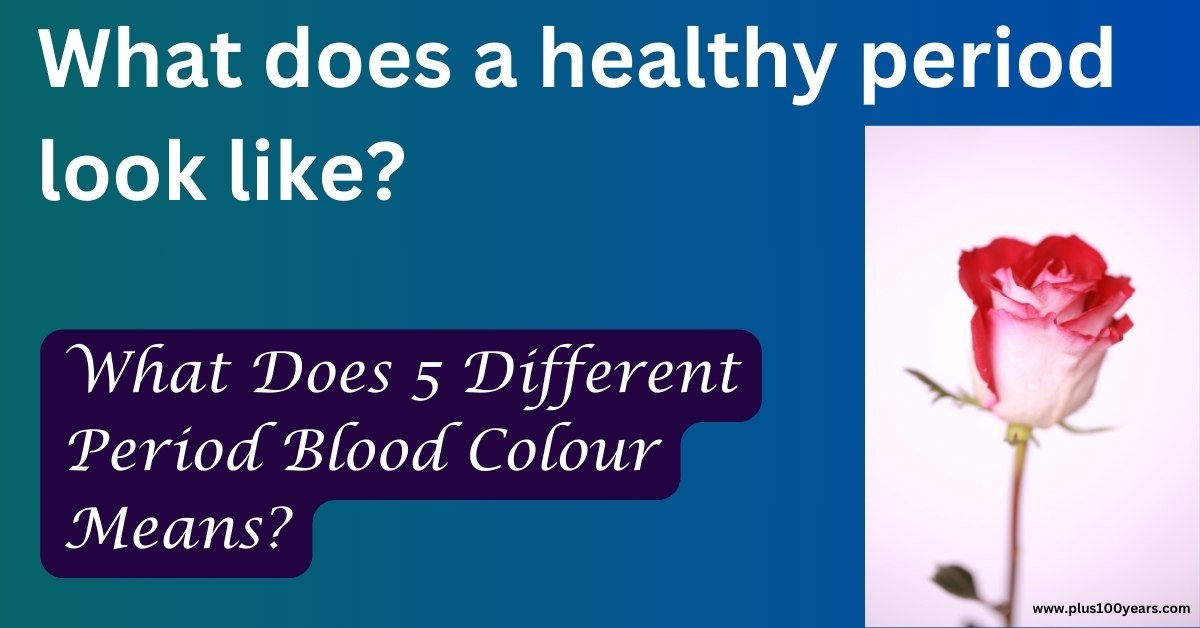Updated: 28-05-2025
Polycystic Ovary Syndrome (PCOS): Causes, Symptoms, and Treatment
The term polycystic ovary syndrome, or PCOS, seems to be complicated, but in simple terms, it is nothing but having numerous cysts on one or both ovaries.
Women suffering from this disease need not worry.
With the improvement in medical technology, this disease can be treated easily.
Presumably, one out of every fifteen women can be diagnosed with the polycystic ovary syndrome at some point in their lives.
Though PCOS is a very common disease seen in women, lack of treatment at the right time and ignoring the disease can cause dangerous side effects, like diabetes or high blood pressure.
Due to PCOS, it becomes difficult to conceive. Hormonal imbalance causes PCOS.
More precisely, the overproduction of oestrogens also leads to polycystic ovary syndrome.
Fortunately, nowadays, many polycystic ovary treatments are used to treat the symptoms and prevent future problems.
What is Polycystic Ovary Syndrome?
The imbalance of women’s hormones leads to polycystic ovary syndrome.
It results in problems with menstrual periods and makes it challenging to become pregnant.
PCOS also makes unwanted changes in the way we look.
If PCOS is ignored or not treated, over time, it leads to severe health issues, like heart disease.
Causes of PCOS
The primary cause of PCOS is not known.
However, genetics can be a factor.
This disease appears to run in families, so the chance of having this disease is higher if women in your family have it.
PCOS disease can be passed down either from your mother’s or father’s side.
Androgen hormone overproduction is the other contributing factor that results in PCOS.
Androgen is a male sex hormone, which is even produced by women.
Women with PCOS frequently produce higher levels of androgen, which affects the development and release of eggs at the time of ovulation.
The intake of excess insulin also causes higher androgen levels.
Symptoms of Polycystic Ovary Syndrome
At first, the symptoms of polycystic ovary syndrome tend to be mild.
Then it may increase gradually.
The most common symptoms of polycystic ovary syndrome are:
- Weight gain & difficulty in losing weight
- Acne
- Irregular periods
- Extra or unwanted hair on face & body
- Fertility problems
- Frequently, women get thicker and darker facial hair and more hair on their chest, back, and belly.
- Thinning hair on the scalp
- Often, women suffering from PCOS have fewer than nine periods in a year, whereas some women even have no periods. Others have massive bleeding.
- Depression
[Also Read: Top 5 Home Remedies for Polycystic Ovary Syndrome ]
Treatment for PCOS
Polycystic ovary syndrome treatment mainly focuses on controlling symptoms and managing the condition to prevent further complications.
Treatment for PCOS differs from woman to woman based on specific symptoms.
A healthy diet and regular exercise are suggested for all women suffering from PCOS, especially those who are overweight.
This assists in regulating the patient’s menstrual cycle and lowers their blood glucose levels.
Treatment for PCOS includes:
- Insulin-sensitizing medications
- Ovulation induction to treat infertility
- Birth control pills that control menstruation
- Topical anti-hair-growth medications
- Treatments for hair loss
- Elimination of other skin difficulties
- Androgen-blocking medications
- Other excess hair treatments
- Acne treatments
As there are ways for curing PCOS, women who are diagnosed must find ways to cope with the disorder.
Depression is quite common, so women with PCOS should consider counselling.
It is suggested to maintain an open line of communication with a doctor so that patients can express their concerns.
Managing disease with polycystic ovaries treatments makes life feel normal once again.
“We would greatly appreciate it if you kindly gave some feedback on this article.”


